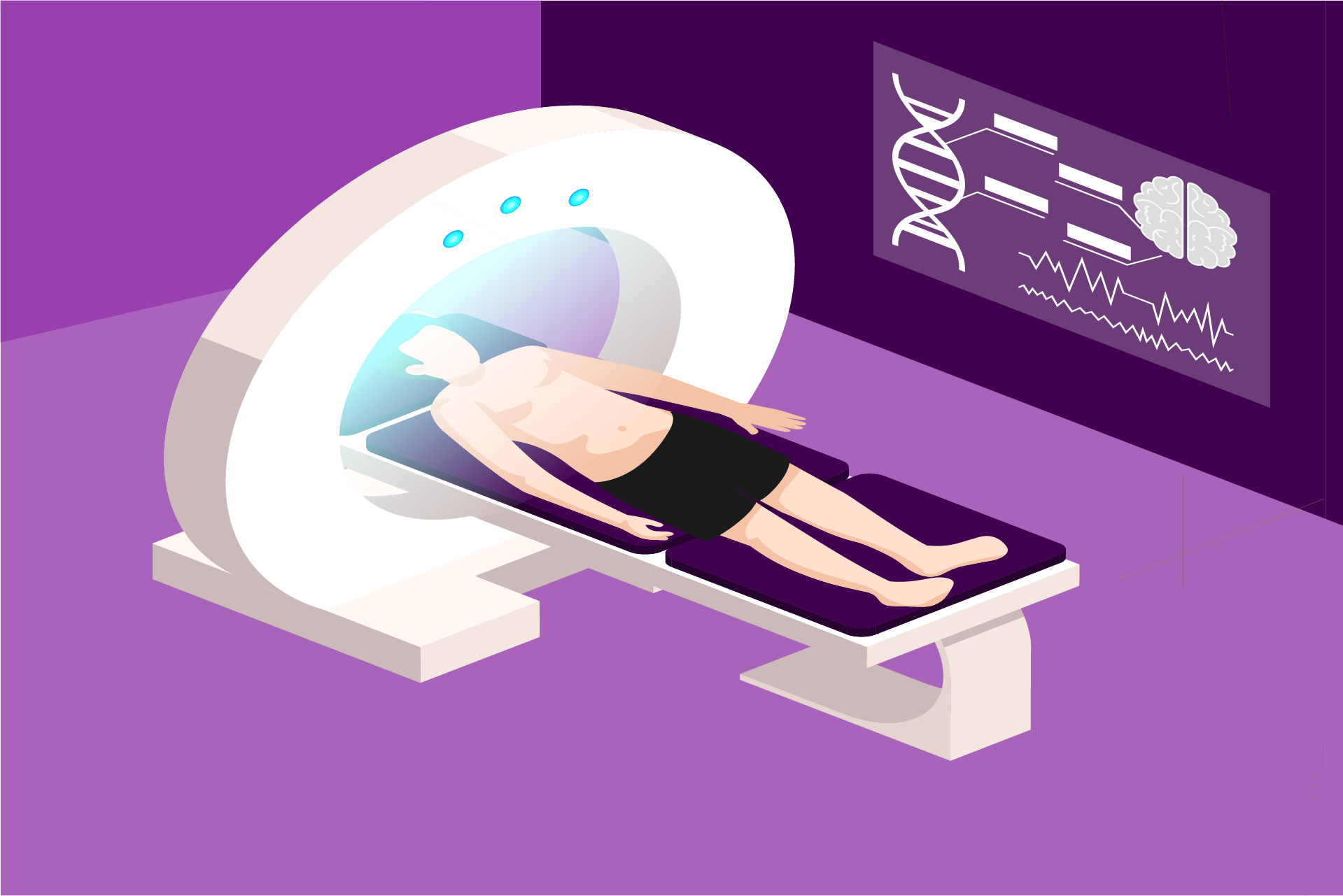Human Factors That Affect the Accuracy of Medical AI
Recent developments in AI have produced impressive results in terms of accurately analyzing medical images to identify abnormalities. Even though we have not yet reached a point where such machines can operate independently, the technology is very promising and is already assisting human doctors to diagnose patients. However, despite the fact that this technology is based on complex machine learning algorithms, it still depends on human beings to reach their full potential. Let’s take a look at some of the human factors that medical AI relies on and how to deal with them to create the best products possible.

Collecting Training Data
Training datasets are the foundation of pretty much any AI or machine learning project. This is how the algorithms learn to identify objects in the real world. For example, a training dataset for self-driving cars requires thousands and thousands of images of every object they might encounter on the road. This includes other cars, street signs, lights, pedestrians, and anything else. The same thing is true for medical AI projects. If the AI will need to learn to analyze, for example, CT scans, then thousands and thousands of CT scans will need to be uploaded into the system for the machine to learn from. However, such training data could be hard to get.
Patients’ medical data is protected by various regulations and a lot of people are reluctant to share such information with AI researchers. While there are open-source medical data and images made available by government and private organizations, there is always a need for new and fresh data. Interestingly enough, obtaining this data is only half the problem. You still need to annotate it so that the machines know what to look for. Let’s explore this in greater detail.
Finding Quality Data Annotation Services
Data annotation is a very time consuming and tedious task, but it is very important for the overall success of the project. Companies who are developing medical AI technology rely on medical students or actual doctors to annotate the data depending on the skill level and knowledge required. Hiring such people in your local area especially in the US and EU countries. Also, a lot of times doctors are too busy caring for patients that they don’t have time for activities like data annotation.
This is why a lot of companies choose to outsource their medical data annotation needs to a service provider. This is very beneficial because, in addition to the cost savings on employee salaries, the service provider is responsible for sourcing and recruiting the needed candidates, providing them with equipment and any onboarding that is required. Eastern European countries, like Ukraine, are very popular outsourcing destinations for this type of work since there is a vast talent pool of candidates to choose from. Basically, you get the same quality of data annotation done, for a fraction of the cost.
Practical Everyday Issues
One of the most exciting aspects of medical AI technology is that it can help countries who are experiencing a shortage of doctors. According to a recent report, more than 4,000 graduates of foreign institutions come to the US for a residency program, and very rarely do they return back to their home countries. This is devastating for developing countries. To put this into perspective, in the US there is one doctor for every 385 individuals. In South Asia, there is one doctor for every 1,250 individuals and in Sub-Saharan Africa, there is one doctor for every 5,000 individuals. Medical AI can help these countries overcome such deficits by taking some of the workloads off doctors allowing them to treat patients faster, but this technology requires basic conditions such as quality lighting and fast internet speeds. These are things that we take for granted, but in the developing world, this is very much a problem. Therefore, these underlying issues will need to be addressed before the full benefits of AI can be realized.
Mindy Support is Assisting the Development of Medical AI Products
We mentioned some of the benefits of outsourcing your medical data annotation, but you can only obtain those benefits by partnering with a trusted service provider like Mindy Support. We are one of the largest BPO providers in Eastern Europe with more than 2,000 employees in six locations all over Ukraine. Our size and location allow us to source and recruit the needed amount of candidates quickly and we will be able to scale your project without sacrificing the quality of the annotation work. If you need help meeting deadlines or keeping costs down, contact us today to see how we can help you.





